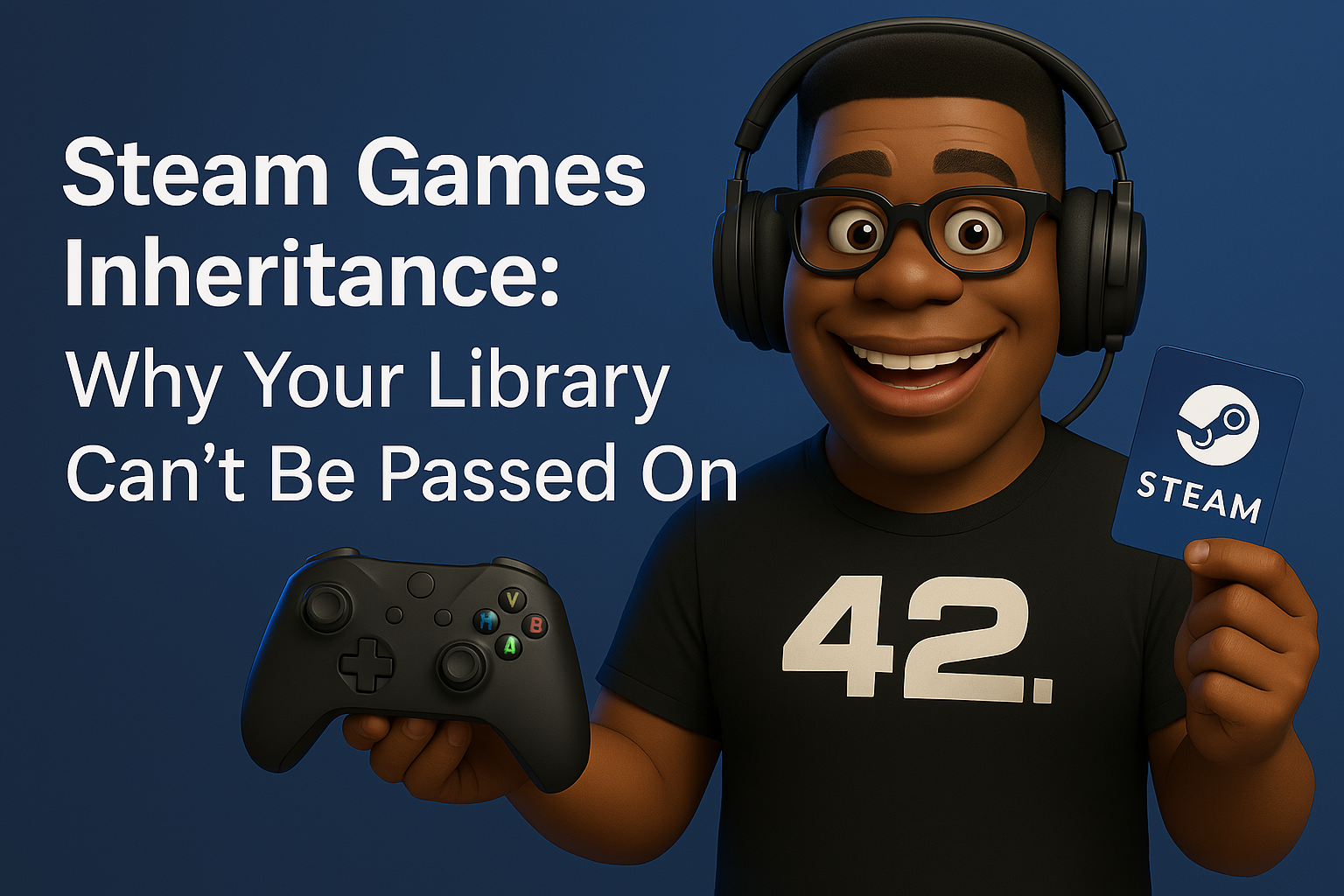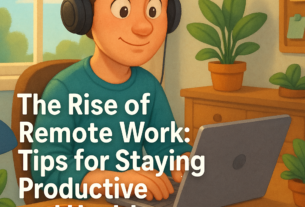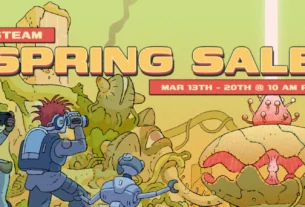Imagine this: you’ve lovingly built a Steam library of hundreds—or even thousands—of digital games over the years. You’ve made memories, invested time, and spent considerable money. Yet, when you’re gone, all of that disappears into the digital void. Sadly, due to the platform’s End-User License Agreement (EULA), your Steam collection can’t legally be inherited. Let’s unpack why you can’t pass on your digital gaming legacy, and what it means for the future of ownership in the gaming industry.
What Happens to Your Steam Library After You Die?
If you’ve assumed your digital belongings—such as your robust Steam game collection—were just like physical items you could seamlessly hand down to your loved ones, you’re not alone. But the stark truth is that your games are not really “yours.”
When you purchase a game on Steam, you’re not buying a physical copy or even the full rights to own the software. Instead, you’re buying a license to use it under Steam’s rules. Those rules, as spelled out in their EULA, clearly state:
- No transfer of accounts is permitted.
- The license is personal and non-transferable.
- Access can be revoked at Valve’s discretion.
What this means is that once you die, your Steam account dies with you—legally, at least. Valve doesn’t yet offer a direct or lawful means for passing your gaming legacy onto someone else.
Why You Don’t Really Own Your Digital Games
Digital ownership in the gaming industry operates in stark contrast to physical media. Most gamers remember flipping through jewel cases and swapping CDs with friends. But with digital downloads and streaming now dominating, the rules have changed drastically.
Understanding the License Agreement
Steam’s EULA acts like a legal contract between you and Valve. Upon signing up and purchasing games, you agree to a license that governs how your digital content is used. What you’re really buying is:
- A limited, non-exclusive license to play the game
- No ownership over the software
- No legal right to transfer this access
This goes far beyond Steam. Services such as Epic Games Store, PlayStation Network, Xbox Live, and even Apple and Amazon have similar policies. The bottom line is that digital content isn’t inheritably yours in the legal sense.
Implications for Gamers and Families
Many gamers treat their digital libraries as collections—valuable, curated, and meaningful. Some pour thousands of dollars into their libraries over years. But the current system raises difficult questions:
- What happens when a loved one who was a lifelong gamer passes away?
- How can their digital treasures be kept alive?
- Is bypassing the EULA ethical or necessary in such cases?
The emotional and financial investments tied to digital libraries are beginning to clash with obsolete digital rights management structures that don’t acknowledge inheritance rights.
Can You Get Around the EULA?
Technically, there are ways one might try to “hand down” a Steam account. These include sharing login information with trusted individuals, backing up game files, or even integrating accounts into digital wills. However, all these methods come with significant risks and complications:
- Violates Valve’s terms of service – Your account could be banned.
- Security concerns – Sharing credentials may expose accounts to theft or misuse.
- No official process exists – Making it a legal gray zone at best.
So while it’s technically possible to pass your account to someone else, it’s completely against the rules and not recommended for those wishing to keep accounts active and unharmed.
Are There Any Legal Alternatives?
Currently, no major digital game distribution platform offers inheritance rights. However, the rising concerns around digital property and consumer rights are pushing the conversation forward. Legal scholars and digital rights groups are calling for broader changes, such as:
- Digital inheritance laws that allow you to name a digital heir.
- Options to transfer game licenses after death, similar to transferring physical goods.
- Platforms offering legacy management tools similar to Apple’s Digital Legacy feature.
Until then, your library lives and dies with your login credentials.
What Valve and Other Platforms Could Do
It’s clear that attitudes toward ownership and legacy are shifting. There’s a growing demand for digital platforms to:
- Offer account inheritance options through verifiable legal channels.
- Create “legacy modes” where access is granted under special circumstances.
- Develop clearer policies and better communication around digital succession planning.
Apple has already begun exploring these ideas with features like iCloud Digital Legacy, where trusted contacts can access your Apple ID after death. Could Valve follow suit?
Conclusion: The Digital Legacy Dilemma
The truth is, we’re entering a new era where our digital lives hold value far beyond our physical belongings. From cherished photos to massive game libraries, these assets represent both monetary and emotional investments.
Yet, with no legal pathway to pass on your Steam games, that legacy remains locked in a restrictive licensing model that feels out of touch with modern needs. As aging gamers and digital natives grow older, the issue will only become more pressing.
Until regulation or policy change occurs, the only failsafe way to ensure your digital collection lives on is through unofficial, and legally murky, methods—which no one recommends.
So for now, your Steam library may sadly die with you—unless the industry wakes up.
Have thoughts about digital gaming inheritance? Share your feelings in the comments—because the conversation around game ownership is just beginning.




